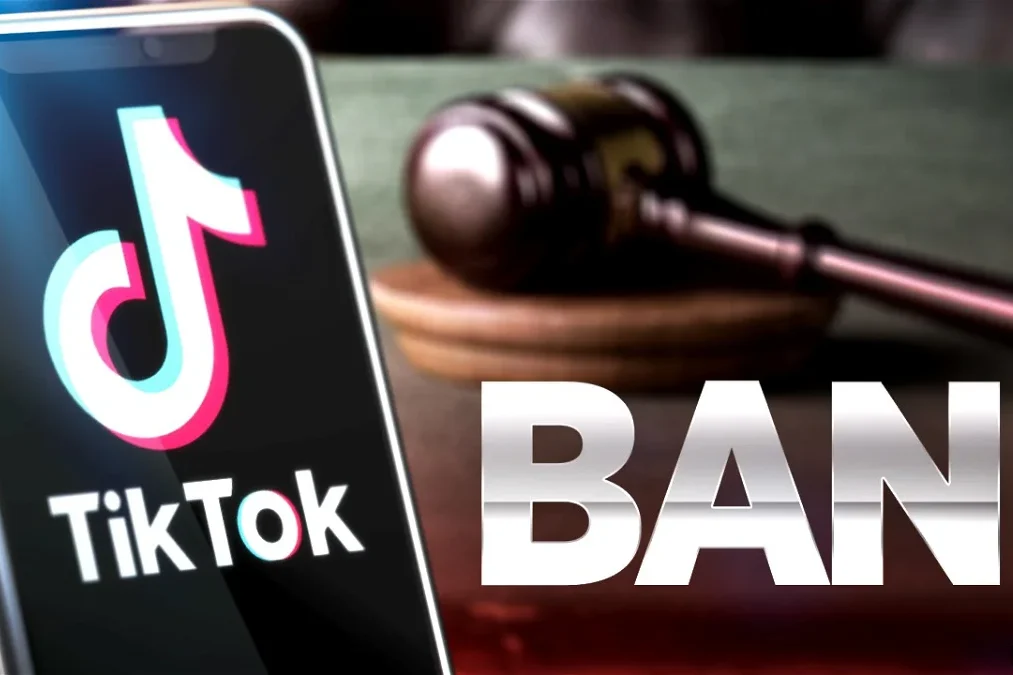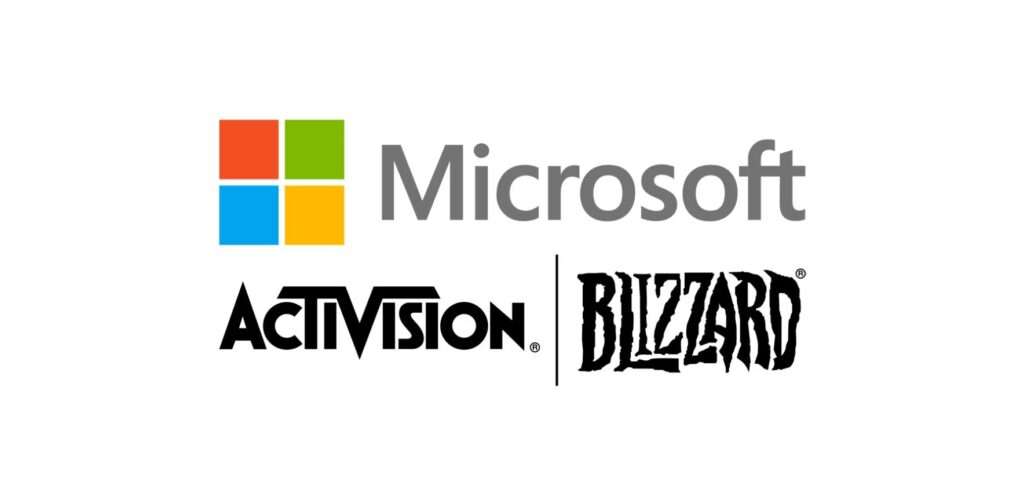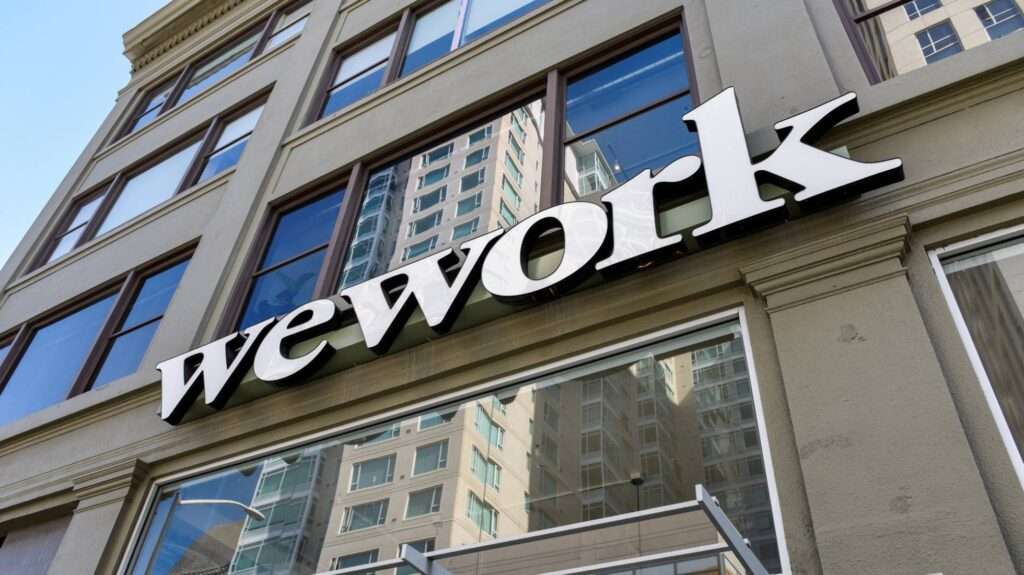While 2023’s economic waters remained choppy, navigated by international political tension and leadership shake-ups, the business world delivered a whirlwind of momentous events that shaped the year and set the stage for what’s to come. From meteoric rises to spectacular falls, ground-breaking acquisitions to controversial leadership changes, this year served as a potent reminder of the dynamic and often unpredictable nature of the global business landscape.
TikTok Takes a Tumble, Banking Takes a Hit

February witnessed a global domino effect as concerns around data security with Chinese tech giant Bytedance’s TikTok led to bans on government devices in the EU, Canada, and eventually countries like the UK, New Zealand, and Denmark. In the US, the Biden administration followed suit, mandating its removal from federal devices, triggering similar steps in numerous states. As the year unfolds, more than a dozen countries have implemented partial or complete bans, demonstrating the evolving landscape of data privacy and security concerns in the digital age.
Banks Collapse

March unfolded with another bombshell – the collapse of three prominent US banks: Silicon Valley Bank, Signature Bank, and First Republic Bank. This marked the most consequential banking crisis since 2008, with the combined assets of these failures exceeding $500 billion. While factors like rising inflation and specific bank vulnerabilities contributed to their fall, the ripple effect on consumer confidence and the wider financial system was undeniable. The US government intervened with emergency aid and assurances, highlighting the fragility of the banking system and the need for proactive risk management in uncertain economic times.
Labor Roars, Tech Soars, Twitter Transforms
2023 was a year where organized labor flexed its muscle. Across the globe, workers in diverse sectors from transport and healthcare to education and law took to the streets in droves, demanding fair wages, improved working conditions, and job security in the face of technological advancements. The UK and US witnessed particularly active movements, with high-profile strikes impacting industries like healthcare, hospitality, education, and manufacturing. The “Summer of Strikes” reached its peak when the Writer’s Guild of America embarked on a 148-day strike – a testament to the collective bargaining power of workers in an environment with rising costs and evolving technological landscapes.

Meanwhile, the tech sector saw Nvidia making history in May by breaching the coveted $1 trillion market cap. As a major player in chipmaking for generative AI, Nvidia’s meteoric rise reflected the changing tides of investor confidence, placing bets on the burgeoning realm of artificial intelligence. This shift underlined the growing importance of AI in shaping the future of various industries and economies.
But while some platforms soared, others underwent dramatic transformations. October saw Elon Musk’s turbulent ownership of Twitter culminate in a radical rebranding – renaming the platform “X”. Critics and users alike panned the move, questioning its branding effectiveness and strategic value. Musk’s ownership has been riddled with financial turmoil and controversies, with advertisers fleeing and the platform’s value plunging to half its purchase price. X’s future remains uncertain, marred by declining user engagement and regulatory scrutiny from the EU.
Activision Acquired

Amidst this backdrop, Microsoft’s $68.7 billion acquisition of Activision Blizzard, the largest in its history, solidified its dominance in the gaming space. However, the deal faced challenges from the US Federal Trade Commission, prompting questions about the Biden administration’s efforts to curb anti-competitive mergers. Despite the FTC’s ongoing legal challenge, Microsoft’s successful acquisition signals a potentially reshaped gaming landscape and renewed pressure on antitrust enforcement mechanisms.
WeWork Bankruptcy

Once boasting a $47 billion valuation, coworking giant WeWork filed for bankruptcy in November, marking a spectacular fall from grace and raising concerns about the sustainability of the coworking model. Despite WeWork’s flawed business strategy, the industry itself shows signs of resilience, with experts pointing to the continued demand for flexible workspace solutions in a hybrid working environment. WeWork’s demise may act as a cautionary tale for other players, but the underlying need for adaptable workspaces remains strong.
Looking Ahead: A Year of Uncertainty and Opportunity
As the curtain closes on 2023, the business world stands at a crossroads. The year was a whirlwind of triumphs and tribulations, showcasing both the resilience and fragility of global markets. While economic uncertainty and geopolitical tensions linger, the stories of 2023 offer valuable lessons for the future.
The growing power of organized labor emphasizes the need for fair and equitable workplaces that adapt to changing technological landscapes. The tech sector’s rapid evolution highlights the importance of embracing innovation while navigating the ethical and regulatory complexities of emerging technologies. The saga of Twitter and FTX underscores the need for responsible leadership, transparency, and robust consumer protections in the digital age. And the changing landscape of media and gaming reminds us of the constant evolution of industries and the need for adaptability in the face of disruption.

1 thought on “2023: A Rollercoaster of Business Big Moments – From Soaring Profits to Crumbling Empires”